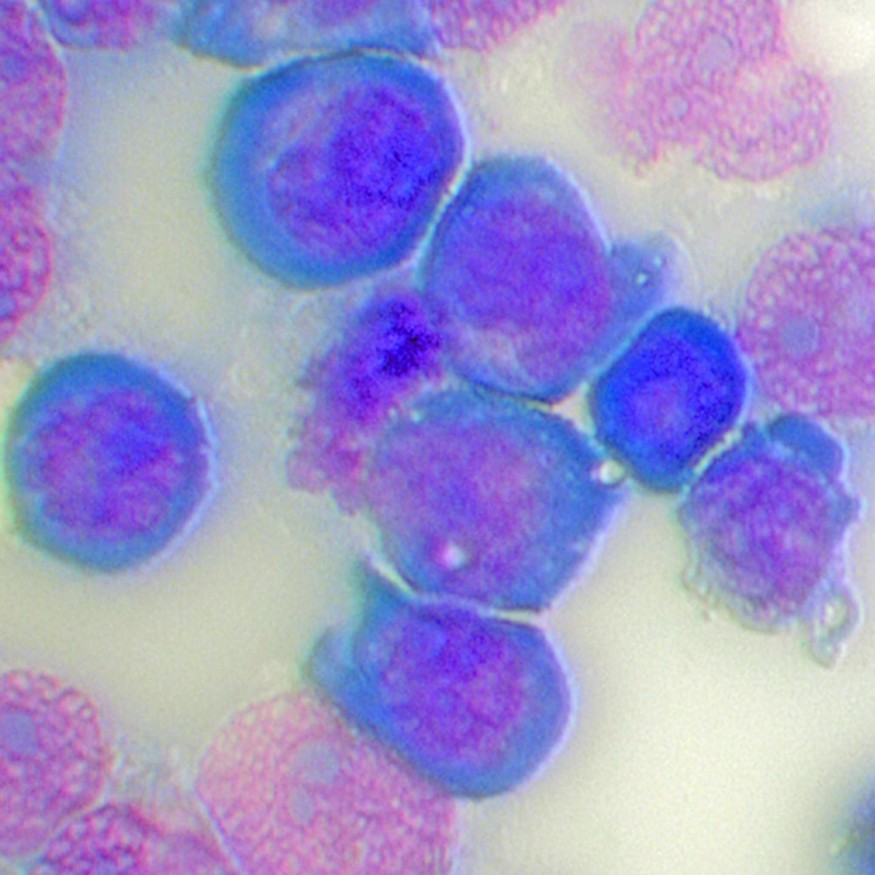
Stem cell transplant has been generally accepted as a treatment for blood cancers. However, a new study found out that it may lead to various life-threatening complications, including re-acquiring leukemia.
According to a study conducted by the Washington University School of Medicine in St. Louis, the new stem cells may contain a harmful mutation that coPh.D. be dangerous to the patient even if it does not affect the owner.
The senior author, Todd E. Druley, MD, PhD, an associate professor of pediatrics, revealed that doctors have been suspecting that the complications actually came from genetic errors. He also added that more studies must be done to understand the mutation carried by stem cells.
The research also suggests that since the patient has undergone radiation therapy before the transplant and is taking immunosuppressant medication, the mutation,n has an opportunity to replicate.
Some possible complications are heart problems, graft-versus-host disease and possible new leukemia.
An unlikely result
Speaking about the tendency of doctors to look for a young donor, co-author Sima T. Bhatt, MD added that this study just proved that it is not true that the younger and healthier the donor is, the less complication, since even healthy people may carry a dangerous gene.
The study chose 25 acute myeloid leukemia (AML) patients. Then, their bodies were examined on four different phases: before transplant, 30 days after transplant, then 100 days before one year since the operation.
Then, through a special technique called "error-corrected sequencing", they were able to identify which patients received a stem cell that carries a mutation, including 80 genes associated with AML.
They carry those patients are aged between 20 to 58, with 26 as the average. According to scientists, 11 of them carries at least one extremely harmful genetic mutation. Furthermore, 84 percent have potentially harmful, and all of these mutations were found in the recipients.
Dr. Druley said that they did not expect to see many types of mutations among these young and healthy donors. They were even more surprised and alarmed that all of those problematic genes were transferred to the recipients.
The study said that harmful mutations persist and may increase over time.
Although the authors acknowledged that the study is too small to establish a causal link, they found out that 75 percent of the recipients developed chronic graft-versus-host disease - an immune system condition in which the donor's tissproblemsft) is attacking the healthy cells of the recipient (host).
Heart problem
Doctors considered heart problem as the most common complication of stem cell transplant. They initially believed that it is because of the over-exposure to radiation or because of the toxicity of chemotherapy.
According to Dr. Druley, a mutation might actually be the cause of why the blood buildup in the arteries. However, he also admitted that more studies must be done to prove it.
The study was published on Tuesday in the journal Science Translational Medicine.
ALSO READ : New Leukemia Drug Shows Promising Results
© 2025 NatureWorldNews.com All rights reserved. Do not reproduce without permission.





